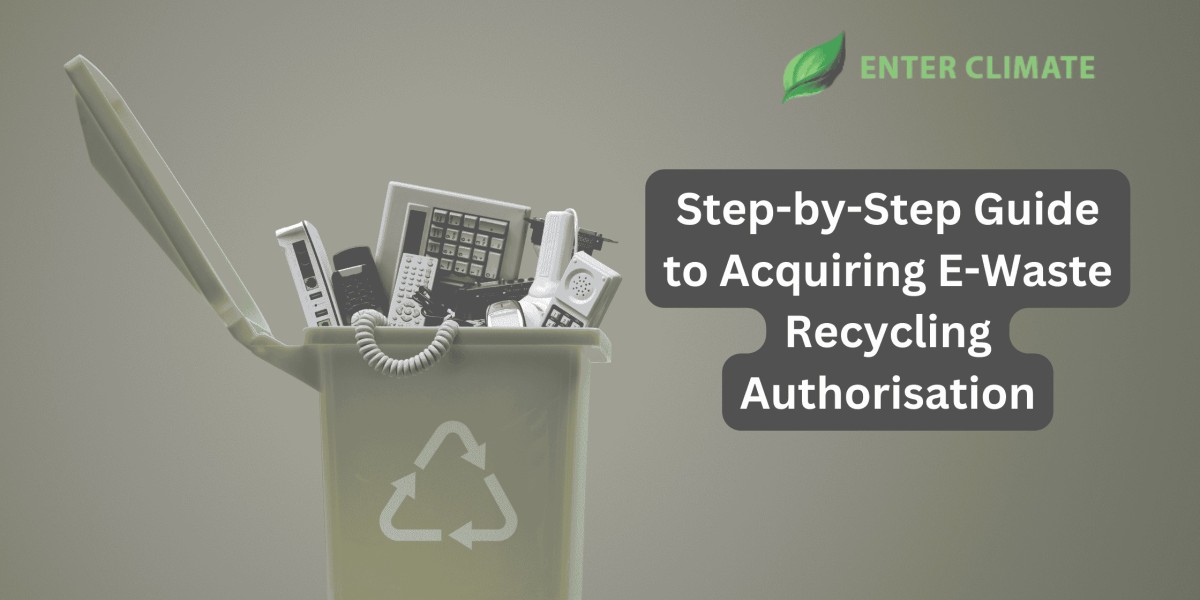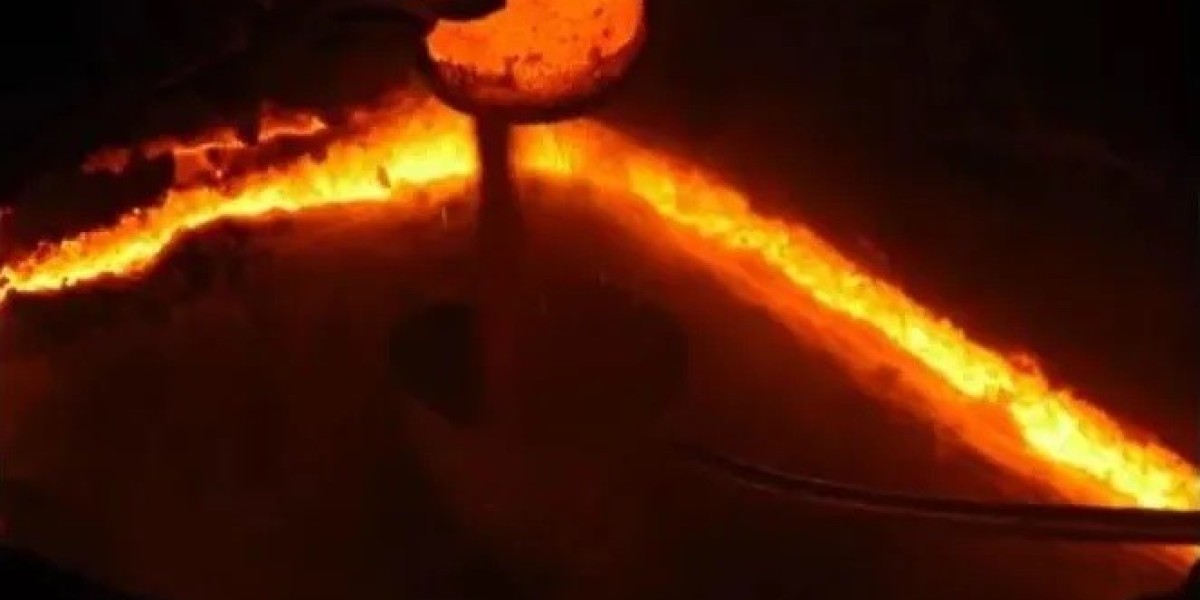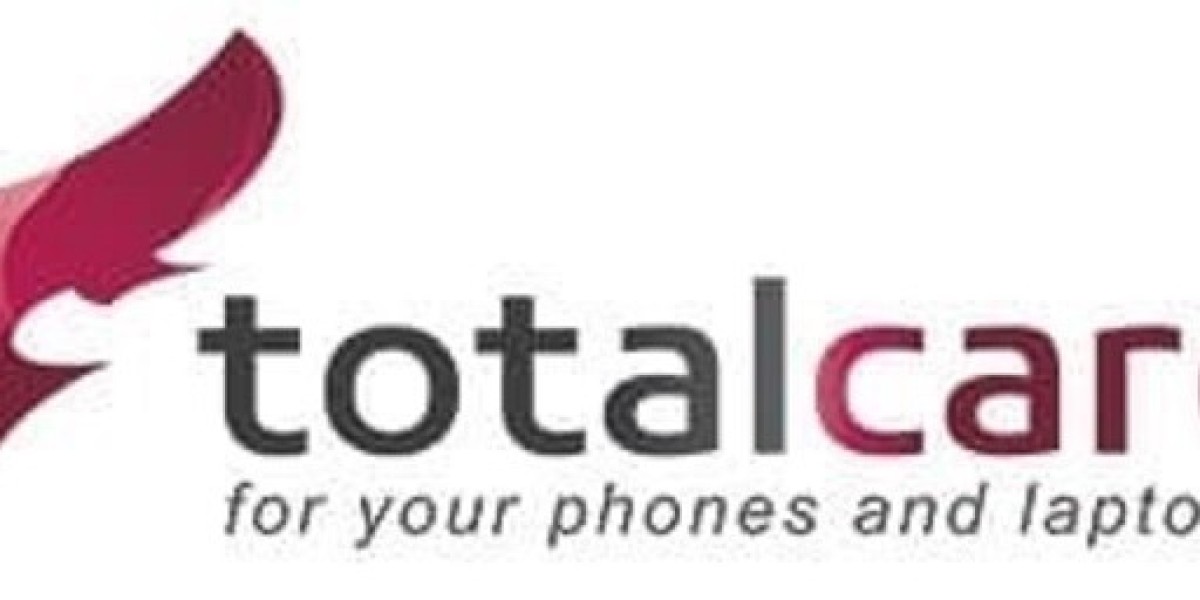In today’s rapidly advancing technological world, electronic waste (e-waste) has become a growing concern. With millions of electronic devices reaching their end of life, the need for responsible disposal and recycling has never been more important. One of the ways the government ensures that e-waste is properly managed is through the E-Waste Recycling Authorization process. This authorisation allows businesses involved in e-waste recycling to comply with environmental regulations and operate legally.
This blog provides a step-by-step guide to help you navigate the process of obtaining E-Waste Recycling Authorization, which is crucial for ensuring that your e-waste management practices are both legal and environmentally responsible.
What is E-Waste Recycling Authorization?
E-Waste Recycling Authorization is a legal certification issued by the Central Pollution Control Board (CPCB) in India. It is required for businesses that engage in the recycling or disposal of electronic waste. The purpose of this authorisation is to ensure that e-waste is processed in an environmentally safe manner, without harming the environment or human health.
The process of obtaining this authorisation involves several steps, which we will explore in this guide.
Step 1: Understand the Eligibility Criteria
Before you begin the application process, it's important to understand the eligibility requirements for obtaining E-Waste Recycling Authorization. These may include:
- Legal Entity: You must be a registered business entity, such as a private limited company, partnership firm, or sole proprietorship.
- Infrastructure Requirements: Your facility must be equipped with the necessary infrastructure to handle e-waste recycling, including safety and pollution control measures.
- Compliance with Environmental Standards: Your operations must comply with environmental standards and guidelines set by the CPCB and other relevant authorities.
Ensure you meet these eligibility requirements before proceeding with the application.
Step 2: Prepare Required Documents
To apply for E-Waste Recycling Authorization, you will need to submit several documents to the CPCB or the State Pollution Control Board (SPCB). These documents include:
- Business Registration Documents: Proof of your business registration, such as a Certificate of Incorporation or Partnership Deed.
- Consent to Operate (CTO): This is a certificate issued by the SPCB that verifies your compliance with environmental norms.
- Details of Recycling Facility: Information about your recycling facility, including its location, capacity, and equipment used.
- E-Waste Management Plan: A detailed plan outlining how you will handle, collect, and recycle e-waste. This plan should include steps to ensure the proper disposal of hazardous materials.
- No Objection Certificate (NOC): If applicable, submit an NOC from the local municipal authority for operating the recycling facility.
Gather all the required documents in advance to avoid delays in the application process.
Step 3: Submit Application to CPCB
Once you have prepared all the necessary documents, you can proceed to submit your application for E-Waste Recycling Authorization. The application process typically involves the following steps:
- Online Application: Visit the official CPCB website or the State Pollution Control Board’s portal to submit your application. Some states may also allow you to submit the application physically at the relevant office.
- Application Form: Fill out the application form with accurate details about your business and recycling operations.
- Payment of Fees: Pay the applicable fees for the application. The fees may vary depending on the size of the recycling facility and the type of authorisation being sought.
After submission, the authorities will review your application and documents.
Step 4: Inspection and Compliance Check
Once your application is submitted, the concerned authorities may conduct an inspection of your facility to ensure that it meets the required standards for e-waste recycling. This inspection is essential to verify the following:
- Infrastructure and Equipment: Your facility should have the necessary machinery and infrastructure to process e-waste safely.
- Pollution Control Measures: You must have systems in place to minimize pollution, such as proper waste disposal and air filtration systems.
- Worker Safety: Ensure that your employees are equipped with safety gear and are trained to handle e-waste responsibly.
The authorities may also request any additional documentation during the inspection.
Step 5: Receive Authorization
If your application is approved and your facility meets all the required standards, you will be granted E-Waste Recycling Authorization. This authorisation will allow you to legally process and recycle electronic waste.
It is essential to keep your authorisation up to date by submitting periodic reports to the CPCB and maintaining compliance with all regulations. In some cases, the authorisation may be renewed after a certain period, depending on the regulations of your state.
Step 6: Maintain Ongoing Compliance
Once you receive your E-Waste Recycling Authorization, the next step is to ensure ongoing compliance with environmental standards. Some ways to do this include:
- Regular Audits: Conduct regular internal audits of your recycling processes to ensure compliance with environmental regulations.
- Record Keeping: Maintain accurate records of e-waste received, processed, and recycled, along with disposal methods for hazardous materials.
- Employee Training: Regularly train employees on the latest recycling techniques and safety standards to minimize risks.
- Report Submission: Submit annual reports to the CPCB or SPCB, detailing your recycling activities, waste management practices, and any incidents or challenges encountered.
Ongoing compliance is vital to ensure that your business operates legally and sustainably.
Conclusion
Acquiring E-Waste Recycling Authorization is a vital step for businesses in the e-waste recycling industry to ensure they operate legally and responsibly. By following the steps outlined in this guide, you can navigate the application process smoothly and ensure compliance with environmental standards. Remember, maintaining compliance is an ongoing responsibility, so it's crucial to stay updated with regulatory changes and implement best practices in e-waste management.
By obtaining and maintaining E-Waste Recycling Authorization, you contribute to a cleaner, more sustainable environment while building trust with customers and regulatory authorities.
FAQs on E-Waste Recycling Authorization
1. What is the validity period of E-Waste Recycling Authorization?
The validity period of the E-Waste Recycling Authorization can vary, typically ranging from 1 to 5 years, depending on the regulations in your state. You will need to renew the authorisation before it expires.
2. Can I apply for E-Waste Recycling Authorization if my facility is in the process of being set up?
Yes, you can apply for authorisation even if your facility is under construction. However, the CPCB will only grant the authorisation once the facility is fully operational and meets all regulatory requirements.
3. What happens if I fail to comply with E-Waste Recycling regulations?
Failure to comply with the regulations can result in penalties, suspension, or revocation of your E-Waste Recycling Authorization. In severe cases, legal action may be taken against your business.








